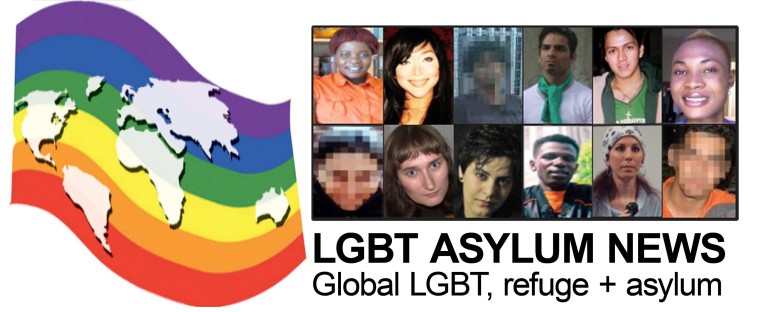 |
| Image via Wikipedia |
There is “no chance in hell” that Zimbabwe’s new constitution will include gay rights, according to a key MP who sits on the parliamentary committee in charge of the process.
Edward Mkhosi (MDC), one of three chairmen of the Constitutional Parliamentary Committee (COPAC), says despite clamouring for protection on foreign TV channels and the internet, Zimbabwe’s homosexuals are “cowards” who failed to make their views known during a countrywide outreach.
Mkhosi told the Voice of America's Studio 7:
“We gave our people a chance to decide what they want to see in the new constitution."Three drafters appointed by COPAC have begun writing the new constitution. The first four chapters were published in the media last week, immediately sparking a row.
“In all the outreach meetings in the provinces we conducted, people were very clear that they don’t want gays. As you know in our culture, such practises are foreign to us, we only know a family with a father and mother.
“The gays and lesbians were cowards, not even one of them came out to say ‘I’m a homosexual and I want this’. We can’t talk for them, they are not zombies. They should have come out and said we want this thing, but they didn’t.”
Zanu PF officials accuse the drafters of seeking to leave the door open for the imposition of gay rights through the courts by deliberately using ambiguous language.
Chapter 4.6 (section 3) of the draft already published states that everyone has a right not to be treated in an “unfairly discriminatory manner on such grounds such as their nationality, race... natural difference ...”
Zanu PF supporter Tafadzwa Musarara blasted:
“It is the term ‘natural difference’ that, from a legal perspective, will import gay rights into our constitution. This phrase is not in our current constitution; it was not requested to be incorporated by the people during the hearings.Musarara points to South Africa where gay rights were introduced by the Constitutional Court which interpreted Section 9.3 of the constitution providing that “the state may not unfairly discriminate directly or indirectly against anyone on one or more grounds, including race, gender, sex, pregnancy, marital status, ethnic or social origin, colour, sexual orientation” to mean that gays were free to marry.
“It is such terms that lawyers will use to argue in court, to interpret it as stating that gay rights are justiciable or acceptable.”
“In our Zimbabwe case the writers are using ‘natural differences’ to provide a loophole that gays and lesbians can then use to apply to the courts of law to have their unions recognised,” Musarara said.Gays and Lesbians of Zimbabwe (Galz) director Chesterfield Samba says the issue of gay rights will be a key test for the country’s new constitution .
“It will reveal whether there is a determination to draw a constitution which will comply with Zimbabwe’s obligations and undertakings in International Law and the norms of human rights,” Samba said.
“It will also reveal whether it will comply with the democratic requirement of an acceptance of difference, seek to build a non-stigmatising society which embraces all its constituents, or whether it will be merely an expression of subservience to those who wield political power.”








 Join our page
Join our page


0 comments:
Post a Comment